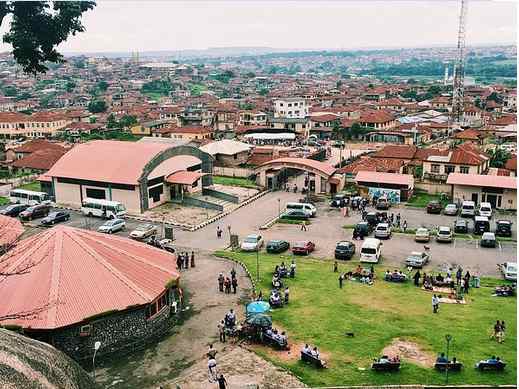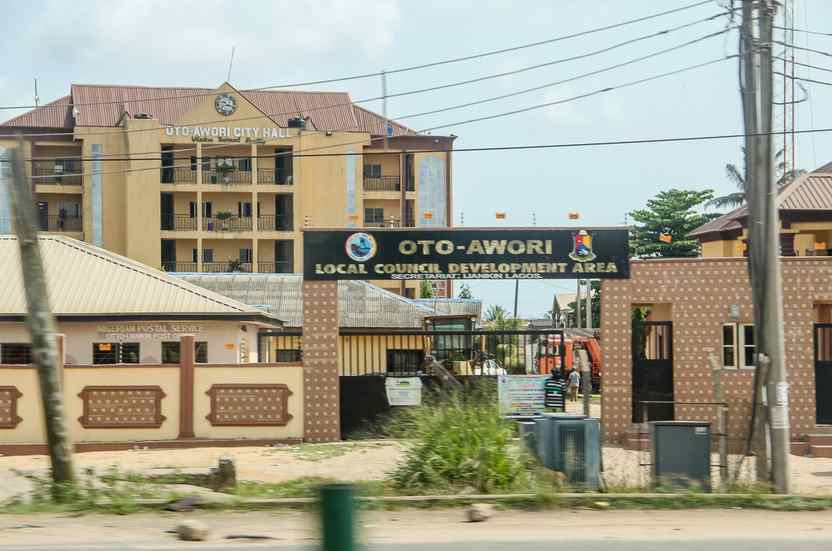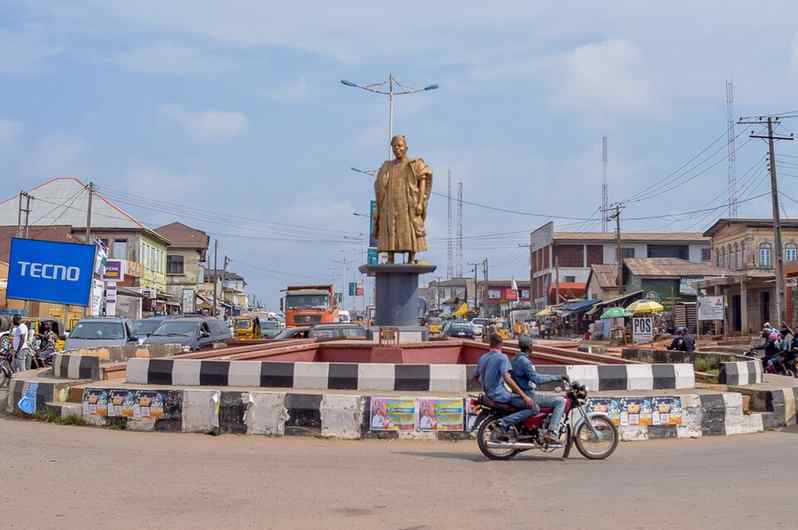
support@yorubalibrary.com
+2348073529208, 07038599574

Abeokuta is the capital city of Ogun State, Nigeria, and one of the most historically significant Yoruba settlements. Known as the “Rock City,” its name translates to “Under the Rock” — a reference to the ancient Olumo Rock that provided refuge to its founders during times of war in the 19th century. Abeokuta is the ancestral home of the Egba people, a subgroup of the Yoruba, who migrated from Ibadan and other parts of Yorubaland to settle in this rocky terrain for safety and stability.
The city’s origin is closely tied to tales of resilience, unity, and survival. Oral history recounts how the Egba warriors and their families found protection under the massive granite outcrops of Olumo Rock, which not only shielded them from attacks but also became a symbol of their identity. Over time, Abeokuta grew into a thriving urban center, attracting traders, missionaries, and colonial administrators. It played a key role in the socio-political history of Yorubaland, particularly during the era of British colonialism.
Today, Abeokuta is a blend of cultural tradition and modern development, boasting educational institutions, industries, markets, and a political life. Its Oriki captures the courage, wisdom, and leadership of the Egba people, ensuring that their history remains alive for generations to come.
Location and Geography
Abeokuta is located in southwestern Nigeria, about 100 kilometers north of Lagos, along the Ogun River. The city is surrounded by rocky hills, farmlands, and forested areas, giving it both strategic defense and agricultural advantages. Its position made it an important link between coastal trade routes and the Yoruba interior.
Cultural and Historical Significance
As the seat of the Alake of Egbaland, Abeokuta is central to Egba tradition and governance. It is home to important festivals such as the Lisabi Festival, celebrating Egba unity and resistance against oppression, and the Ojude Oba Festival, a grand display of culture and pageantry. Abeokuta has produced notable historical figures, including leaders, writers, and nationalists who have shaped Nigeria’s history.
The Olumo Rock remains a sacred and touristic landmark, symbolizing the resilience of the Egba people.
People and Occupations
Abeokuta’s residents are engaged in farming (cassava, yam, maize, cocoa), trading, craftwork (notably adire tie-and-dye fabric), and a wide range of professional occupations. The city is also a hub for education, housing universities, colleges, and technical institutions.
Unique Features of Abeokuta
• Olumo Rock – A historic refuge and tourist attraction.
• Adire Market – Famous for its locally made Yoruba tie-and-dye cloth.
• Historic Churches and Mosques – Some dating back to the missionary and early colonial period.
• Strategic role in Yoruba and Nigerian political history.
Oriki Ilu Abeokuta
Below is the traditional Oriki (praise poetry) of Abeokuta, the capital city of Ogun State.
Ẹ̀gbá ‘mọ Lísàbí
Agbòǹgbò àkàlà
Ọmọ erin j’ogún ọlá
Ọmọ ṣí ‘lẹ̀kùn pa ‘lẹ̀kùn dé
Aridi ògo lójú Ogun
Baba t’ẹ̀yin ni wọ́n ròyìn ogun bààrà f’ágbe
Ẹ̀gbá, ọmọ adúró gbẹrú, má dúró gbẹ̀kọ
Ẹrú ní nsini, ẹ̀kọ kìí sìn ’yàn
Kò s’óhun tí wọ́n ǹṣe ní mọ́kà
T’ẹ́yin kìí ṣe l’Ẹ̀gbá Aláké yín
Wọ́n ń munmi sẹ́mí-sẹ́mí ní Mọ́kà
Ẹ̀yin náà n munmi Odò Ògùn l’Ẹ̀gbá Aláké
Wọ́n ń g’Àràfá ní Mọ́kà Ẹ̀yin n g’orí Olúmo l’Ẹ̀gbá ti yín
Wọ́n bí yin L’Áké
Ẹ gbó lẹ́nu bí jeje
Wọ́n bí yin ní Gbàgùrá
Ẹ gbó l’óhùn bí ọ̀jẹ̀.
Ọba òkè bá wa dá ìlú Ẹ̀gbá sí
Conclusion
Abeokuta is more than just the capital of Ogun State — it is a city unique for Yoruba culture, and innovation.
Need more? Browse through our Oriki Gallery today, at zero cost.

The authentic Oriki of the Awori people, one of th…

Learn the authentic Oriki of Ijebu today. Read the…